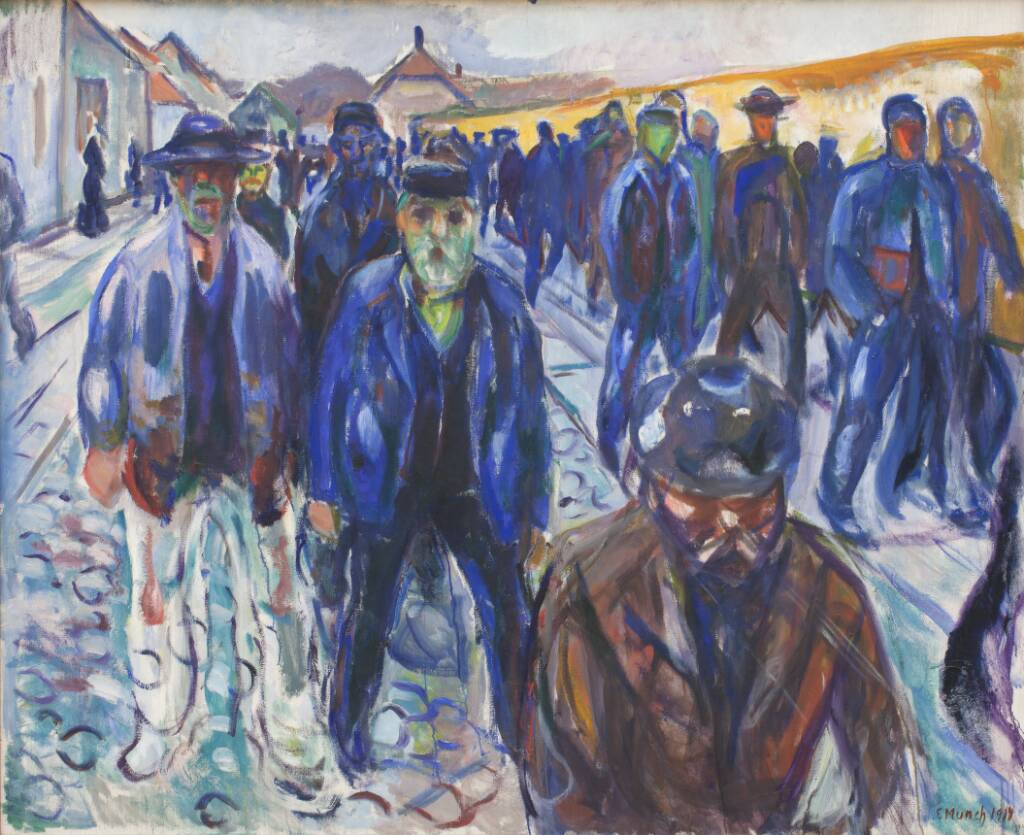Plagues – Famines – Wars
God Acting on Sinful Humankind
DOI:
https://doi.org/10.71956/cdth001-art02Abstract
During the late Middle Ages and early modern period, theologians as well as common people discussed the ways of ›God acting on hu-mankind‹, in particular when they were afflicted by existential threats. Plagues, famines, and wars were reasons to reckon with an angry God who punished the sins omnipresent in Christianity. Biblical patterns of infestation, intercession and redemption were combined with the veneration of the Virgin Mary and the saints.
The Enlightenment subjected this theological pattern to a double crit-icism: firstly, the physicotheologians, fascinated by the scientific ex-ploration of a well-ordered nature, concluded that the world must necessarily be governed by a wise and benevolent ruler. But then the disaster of the Lisbon earthquake (1755) took Voltaireʼs criticism far beyond this. He radically opposed the experience of human suffering to the idea of a God whose actions are guided by a wise and merciful providence. In modernity and postmodernity, these patterns are still surprisingly easy to find. Interreligious theology has the task of critically examin-ing who uses these patterns and with what intentions.
Downloads
Published
Issue
Section
License
Copyright (c) 2025 Campus der Theologien

This work is licensed under a Creative Commons Attribution-NonCommercial 4.0 International License.






